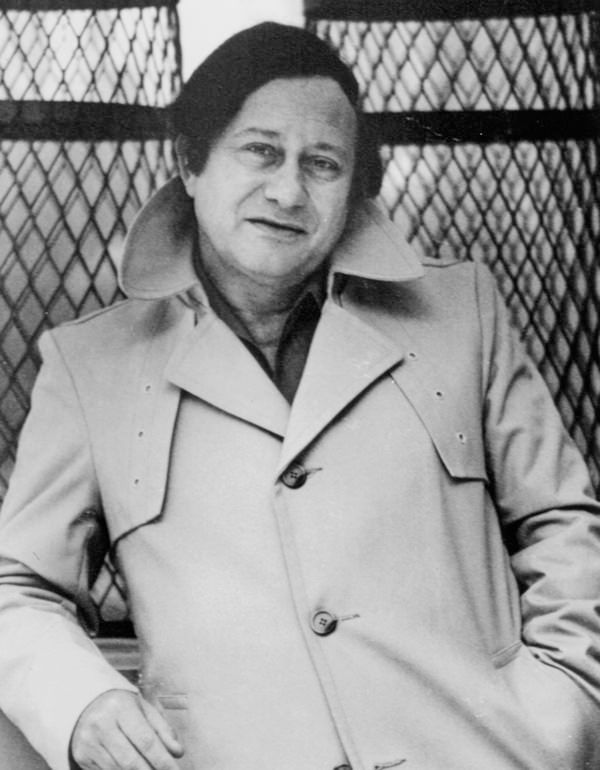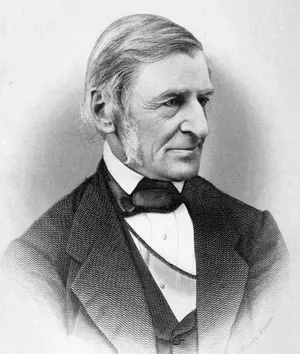Summary | Excerpt | Reviews | Beyond the Book | Read-Alikes | Genres & Themes | Author Bio

A Life of Language Love
by Julie SedivyThis article relates to Linguaphile
 In Linguaphile: A Life of Language Love, a combination of popular science and memoir, linguist Julie Sedivy shares that one of her worst fears is that an illness or injury will cause her to develop aphasia, a type of disorder that impacts a person's ability to use both spoken and written language. After this confession, she goes on to describe the experiences of Paul West, a prolific author who struggled with this very disorder. Born in 1930, West published a wide variety of work, including novels, essays, and literary criticism, in addition to teaching at multiple universities. In 2003, West had a stroke which damaged areas of his brain key to the processing of language, causing global aphasia, the most severe form. Immediately after the stroke, he was only able to use a single syllable—mem. After three weeks in the hospital, he had regained some basic vocabulary, and continued speech therapy helped him reclaim more.
In Linguaphile: A Life of Language Love, a combination of popular science and memoir, linguist Julie Sedivy shares that one of her worst fears is that an illness or injury will cause her to develop aphasia, a type of disorder that impacts a person's ability to use both spoken and written language. After this confession, she goes on to describe the experiences of Paul West, a prolific author who struggled with this very disorder. Born in 1930, West published a wide variety of work, including novels, essays, and literary criticism, in addition to teaching at multiple universities. In 2003, West had a stroke which damaged areas of his brain key to the processing of language, causing global aphasia, the most severe form. Immediately after the stroke, he was only able to use a single syllable—mem. After three weeks in the hospital, he had regained some basic vocabulary, and continued speech therapy helped him reclaim more.
He went on to publish four more books before his death in 2015. The first was The Shadow Factory, a memoir published in 2008. In it he discusses his experience of aphasia:
"There was a bewildering assortment of false starts and incomplete sentences for the mind only. I no sooner thought of something to say to myself than I forgot it, and I was lucky to get beyond the second or third imagined word. Of course no one in his right mind overheard any of this, the dumb speaking to the silent in a reverse image, so no one was upset. But if this happens 50 or 60 times, one wants a little revenge of some sort."

Paul West is not the only writer to face the challenge of losing language abilities; one of the most famous was Ralph Waldo Emerson. Emerson was leader of the 19th century transcendentalist movement, and an incredibly influential lecturer, essayist, and poet. He first began experiencing aphasia at the age of 64, possibly after a stroke. Despite the distress and frustration this caused him, he continued working for five more years before retiring at the request of his daughter, Ellen. After retirement he traveled both within the United States and abroad to Europe and Egypt, and occasionally still gave talks to smaller audiences. In his later years, he is quoted as telling people that he was, "Quite well; I have lost my mental faculties, but am perfectly well."
More recently, in 2022 Tony award winner and Pulitzer Prize finalist Christopher Durang announced his diagnosis of logopenic primary progressive aphasia (PPA), caused by a rare form of Alzheimer's disease that first affects language skills rather than memory. Over a career of more than four decades, Durang earned a reputation for brilliant satire and dark comedy. He began experiencing symptoms in 2012, which gradually worsened over time.
In an interview with Broadway News, Durang's husband, John Augustine, compared the playwright's experience to that of someone who is able to speak Spanish, but not fluently:
"If people come up to you and start talking quickly in Spanish and want you to answer or explain something technical to them, you know what that feeling is. You're not out to lunch. You know what you want to say; you just don't know the words. If people interrupt you or try to answer for you, that throws you off."
Durang died in April of 2024, from complications of his disease.
Language is central to all of our lives, and aphasia can be difficult to imagine for those not affected by it. By sharing their experiences, these writers have allowed others to get a better picture of the reality of aphasia. As the National Aphasia Association noted after Durang's announcement, "this type of coverage is priceless in helping people better understand the condition and how they can support someone with aphasia."
Filed under Books and Authors
![]() This article relates to Linguaphile.
It first ran in the November 6, 2024
issue of BookBrowse Recommends.
This article relates to Linguaphile.
It first ran in the November 6, 2024
issue of BookBrowse Recommends.
Your guide toexceptional books
BookBrowse seeks out and recommends the best in contemporary fiction and nonfiction—books that not only engage and entertain but also deepen our understanding of ourselves and the world around us.